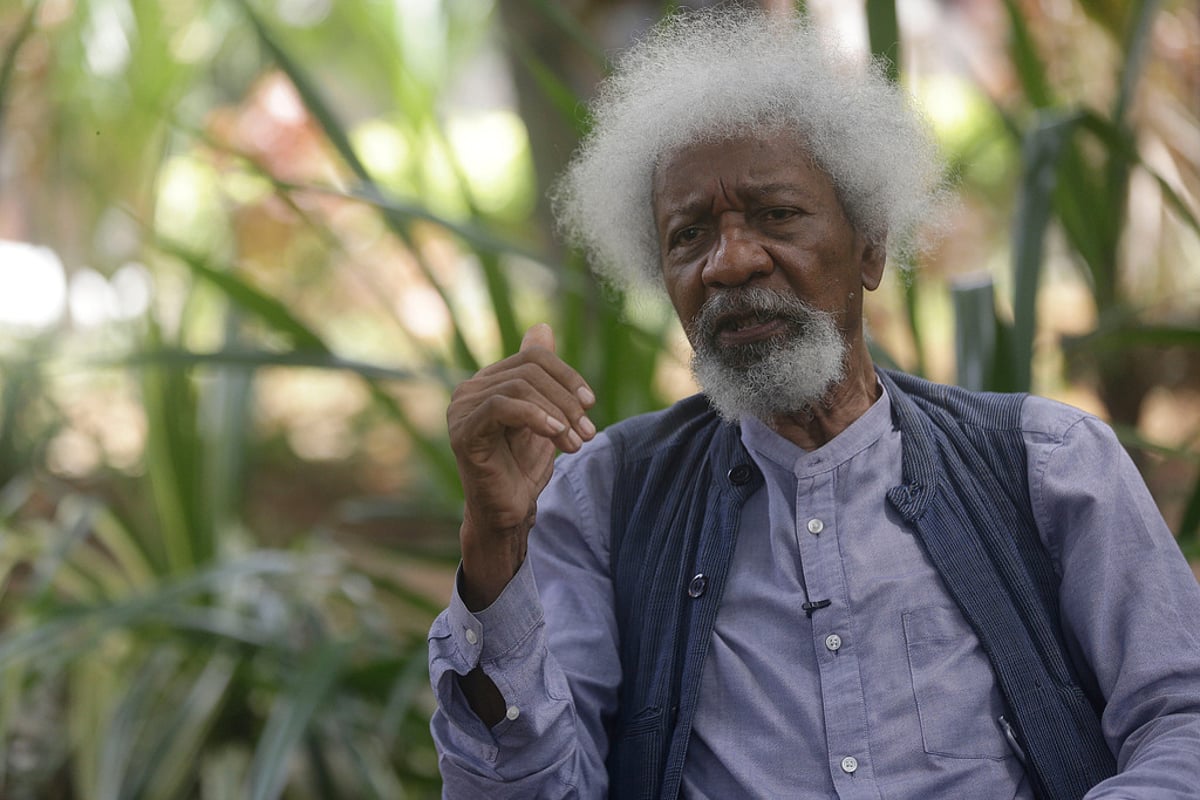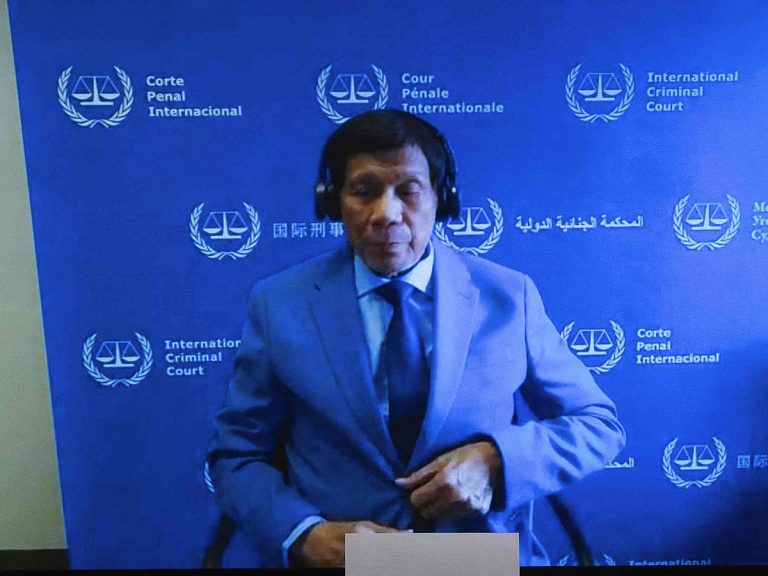Wole Soyinka’s US Visa Revocation Raises Concerns
Nobel Prize-winning author Wole Soyinka recently announced that his visa to the United States has been revoked. At 91 years old, the Nigerian literary figure believes this decision may be linked to his recent criticisms of former President Donald Trump.
Background on Wole Soyinka
Soyinka made history in 1986 as the first African to win the Nobel Prize in Literature. He has spent significant time in the United States, where he has taught and held a green card until he famously destroyed it in protest against Trump’s inauguration in 2017. His actions have often been politically charged, reflecting his commitment to social justice and human rights.
Visa Revocation Details
In a press conference, Soyinka revealed that he received a letter stating his visa was revoked due to “additional information” that emerged after it was issued. However, the letter did not specify what this information entailed. Soyinka speculated that his recent remarks, which included calling Trump a “white version of Idi Amin,” may have influenced the decision.
Despite the visa revocation, Soyinka expressed that his primary concern is not personal but rather about the principles of human dignity and fair treatment. He stated, “It’s not about me, I’m not really interested in going back to the United States.” He emphasized the importance of treating individuals decently, regardless of their nationality.
Reaction to the Revocation
Soyinka humorously referred to the letter he received as a “love letter” and indicated that he does not hold the officials responsible for the decision. He has no plans to reapply for a visa, asserting, “I have no visa. I am banned, obviously, from the United States.” His comments reflect a broader critique of the U.S. immigration policies, which he believes are flawed.
The U.S. Consulate in Lagos has directed inquiries to the State Department in Washington, D.C., which has yet to provide a comment on the situation.
FAQs
Why was Wole Soyinka’s visa revoked?
Soyinka’s visa was revoked due to unspecified “additional information” that became available after it was issued, which he believes may be linked to his criticisms of Donald Trump.
Has Wole Soyinka applied for a new visa?
No, Soyinka has stated that he will not be applying for another visa, expressing his disinterest in returning to the United States.
What was Soyinka’s reaction to the visa revocation?
Soyinka reacted with humor, referring to the revocation letter as a “love letter,” and emphasized that his concerns are more about principles than personal interest in traveling to the U.S.
Conclusion
Wole Soyinka’s visa revocation highlights ongoing tensions surrounding U.S. immigration policies and the impact of political criticism. While he remains firm in his stance, the situation raises questions about the treatment of international figures and the implications of political dissent. Moving forward, Soyinka’s focus will likely remain on advocating for human rights and social justice, regardless of his travel restrictions.
The revocation of Wole Soyinka’s visa has sparked discussions about the intersection of politics and immigration, particularly regarding how public figures are treated based on their political views. Soyinka’s outspoken criticism of political leaders, especially in the context of U.S. politics, underscores the potential consequences that artists and intellectuals may face when their opinions diverge from those of the ruling government. This incident may also reflect broader trends in immigration policy, where the motivations behind visa decisions can sometimes remain opaque and subject to change based on political climates.
Soyinka’s legacy as a literary figure and activist is well-established, and his work often addresses themes of oppression and the importance of freedom of expression. His visa situation serves as a reminder of the challenges faced by those who speak out against authority, particularly in an increasingly polarized political environment. The implications of his case may resonate beyond his personal circumstances, influencing how other international voices navigate their relationships with the United States and its immigration system.
As the global community continues to grapple with issues of human rights and political dissent, Soyinka’s experience may inspire further dialogue about the responsibilities of nations to uphold principles of fairness and dignity for all individuals, regardless of their political stance. His commitment to advocating for these values remains steadfast, and he may continue to leverage his platform to address injustices, both in Nigeria and internationally.
Also Read:
SINOTRUK Sets Global Expansion Goals at Partner Conference







